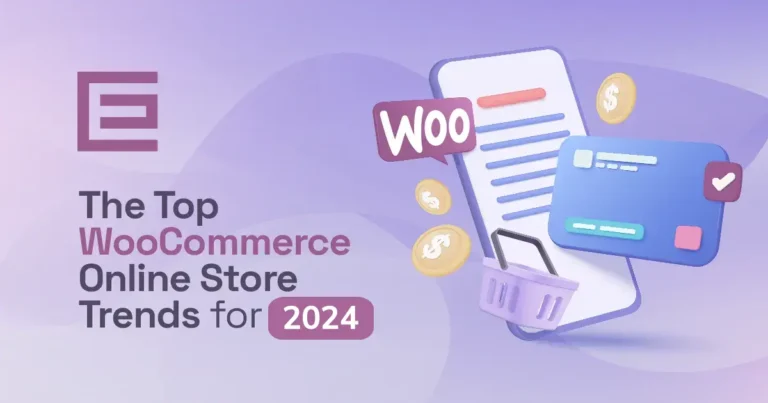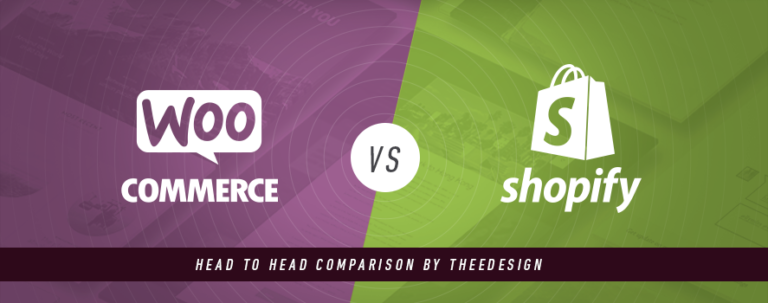I often overhear programmers and computer nerds (term of endearment) debating about which content management system (CMS) is best for an ecommerce project. So, I decided to talk to each of the programmers in our office to get to the bottom of the debate and declare a winner based on my research.
So, here is what I uncovered.
Top Ecommerce CMS Platforms
BigCommerce
Key Features
- Robust Product Management: BigCommerce allows for extensive product variants and customizations.
- Integrated Payment Solutions: Supports a wide range of payment gateways without additional transaction fees.
- SEO and Marketing Tools: Offers built-in tools for SEO, coupons, discounts, and email marketing.
Pros and Cons
- Pros: High scalability, strong SEO performance, and a wide array of built-in features.
- Cons: Themes can be expensive, and there is a sales threshold for each plan.
WordPress with WooCommerce
Key Features
- Flexibility and Customization: WordPress offers unparalleled customization with thousands of themes and plugins.
- Strong Content Management: Ideal for integrating eCommerce with content-rich sites.
- Large Community Support: Extensive community and a wealth of tutorials and guides.
Pros and Cons
- Pros: Highly customizable, strong SEO capabilities, and a large community.
- Cons: Requires more hands-on management and technical know-how.
Drupal
Key Features
- Highly Customizable: Offers extensive customization options for developers.
- Strong Security Features: Known for its robust security measures.
- Scalability: Well-suited for large, complex sites with high traffic volumes.
Pros and Cons
- Pros: Highly secure and scalable, great for complex sites.
- Cons: Not as user-friendly for beginners; requires technical expertise.
Joomla
Key Features
- User Management: Offers advanced user and content management options.
- Multilingual Support: Native support for multiple languages.
- Extensibility: A good number of extensions and templates available.
Pros and Cons
- Pros: Good for social networking sites and e-commerce, multilingual support.
- Cons: Steeper learning curve than WordPress, fewer extensions than other platforms.
Sitecore
Key Features
- Advanced Personalization: Strong capabilities in customer experience management.
- Integrated Marketing Tools: Offers tools for automation, analytics, and personalization.
- Scalability and Security: Enterprise-level scalability and security.
Pros and Cons
- Pros: Powerful personalization and marketing tools, robust security.
- Cons: High cost, more suited for large enterprises, requires skilled developers.
Magento
Key Features
- Customization and Flexibility: Highly customizable with a strong set of features.
- Community and Enterprise Editions: Options for small businesses and large enterprises.
- Large Extension Marketplace: Wide range of plugins and themes.
Pros and Cons
- Pros: Highly scalable, strong community support, extensive features.
- Cons: Can be resource-intensive, complex for beginners.
Shopify
Key Features
- User-Friendly Interface: Intuitive and easy to use, even for beginners.
- Integrated Payment Processing: Shopify Payments simplifies the transaction process.
- App Marketplace: A vast collection of apps to extend functionality.
Pros and Cons
- Pros: Easy to set up and manage, reliable customer support, good for dropshipping.
- Cons: Additional transaction fees if not using Shopify Payments, limited customization.
Squarespace
Key Features
- Stylish Templates: Offers a range of beautifully designed templates.
- Drag-and-Drop Interface: Easy to use for beginners.
- Built-in SEO Tools: Basic SEO tools for improving visibility.
Pros and Cons
- Pros: Aesthetically pleasing designs, user-friendly, good for small stores.
- Cons: Limited third-party apps, less flexibility in customization.
Each of these platforms offers unique strengths and potential drawbacks. Your choice should depend on your specific business needs, technical capabilities, and growth plans. Whether you prioritize ease of use, customization, scalability, or specific features like SEO and marketing tools, there’s a CMS platform that’s right for your eCommerce venture.
Factors to Consider When Choosing an Ecommerce CMS
Selecting the right eCommerce CMS (Content Management System) is crucial for the success of your online business. It’s not just about the features available today, but also about how well the platform can grow and adapt with your business. Here are key factors to consider:
Scalability
The Need for Growth Adaptation
- Future-Proofing: Choose a CMS that can handle increased traffic and sales as your business grows.
- Flexible Infrastructure: Look for platforms that offer easy upgrades or downgrades in features and capabilities.
Security
Safeguarding Your Online Presence
- Data Protection: Ensure the CMS provides robust security measures to protect sensitive customer data.
- Regular Updates: Opt for platforms that offer regular updates to safeguard against the latest security threats.
Customizability
Tailoring to Your Unique Needs
- Design Flexibility: A good CMS should allow you to customize the look and feel of your site to match your brand.
- Functional Extensibility: It should also offer the ability to add or modify functionalities as per business requirements.
User Experience
Ensuring Customer Satisfaction
- Ease of Navigation: The CMS should enable the creation of a user-friendly website structure.
- Loading Speed: Opt for a CMS that supports fast loading times, crucial for keeping customers engaged.
SEO Capabilities
Maximizing Online Visibility
- SEO-Friendly Features: Look for CMS platforms that offer built-in SEO tools for optimizing content, URLs, and meta tags.
- Mobile Optimization: Ensure the CMS supports mobile responsiveness, a critical factor in SEO.
Integration with Other Tools
Streamlining Operations
- Compatibility with Third-Party Tools: The CMS should easily integrate with tools like CRM systems, payment gateways, and email marketing software.
- API Access: Check if the CMS provides API access for custom integrations.
Cost
Balancing Budget and Features
- Initial Setup and Ongoing Costs: Consider both the upfront costs and the ongoing expenses of running the CMS.
- ROI Consideration: Evaluate the potential return on investment, considering the features and capabilities of the CMS against its cost.
Now for the million dollar question… which one is the best for ecommerce? Honestly, it sounds like all of them have their strengths and weaknesses, so it really depends on the client and project.
Typically we find for most businesses, it’s a close call between WooCommerce and Shopify, each shining in its own way. If you’re already a fan of WordPress, WooCommerce is like a dream come true. It integrates seamlessly, offering a familiar environment with endless customization options. It’s perfect for those who need/want to tailor every aspect of their online store. On the flip side, Shopify is the go-to for simplicity and ease of use. It’s a standalone platform that takes care of everything for you – hosting, security, and updates.
Tags: Ecommerce


